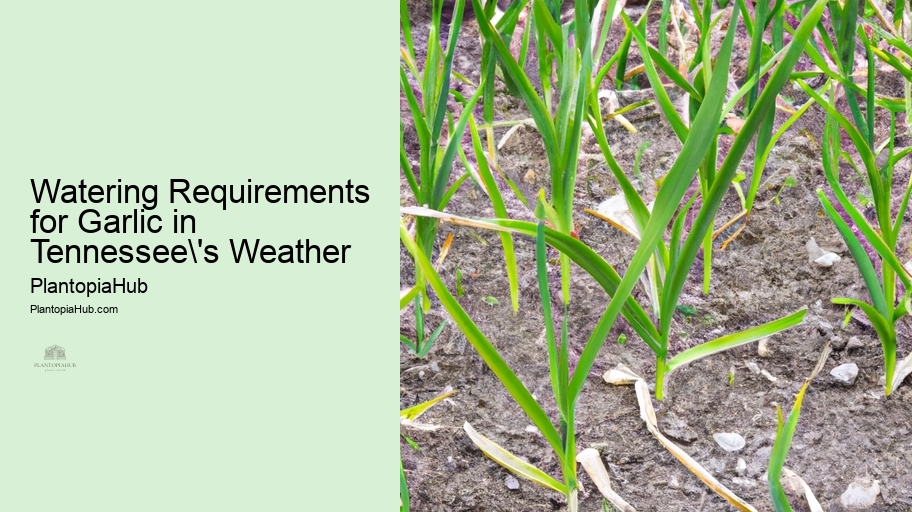

If you aim to produce organic garlic in Tennessee, understanding certification and regulations is essential. Maximizing Garlic Yields in Tennessee: Advanced Tips . Water Conservation Techniques Familiarize yourself with the USDA's National Organic Program (NOP) standards and work with accredited certifying agencies to ensure compliance.
Meeting these standards and obtaining organic certification can open up premium markets for your garlic.
In conclusion, navigating certification and regulations for organic garlic is a vital aspect of ensuring your products meet high-quality organic standards in Tennessee.
Creating a garlic planting calendar tailored to your Tennessee location is crucial for successful garlic farming. Consider factors such as frost dates, local climate variations, and garlic varieties to determine the ideal planting and harvesting dates.
A well-planned calendar ensures you maximize your garlic crop's potential and optimize yields.
In conclusion, developing a customized garlic planting calendar is a key step for Tennessee garlic farmers to plan their growing season effectively.
The future of garlic farming in Tennessee holds promise. As consumer interest in locally grown, organic produce continues to rise, garlic's popularity is expected to grow.
Staying forward-thinking and innovative is essential for the future of garlic farming in Tennessee.
In conclusion, embracing the future of garlic farming involves staying informed and adaptable to evolving trends and opportunities.
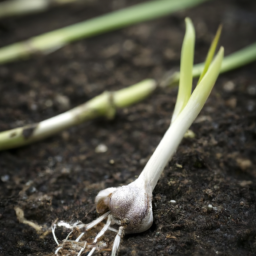
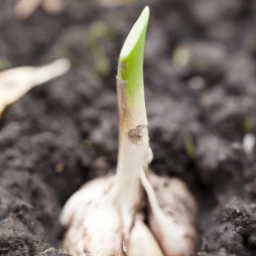
Understanding the connection between garlic and soil health is crucial for Tennessee farmers. Garlic, with its natural antimicrobial properties, can contribute to improved soil microbiology. Its growth cycle also aids in soil aeration and nutrient cycling.
Incorporating garlic into crop rotations and soil-building strategies can enhance the overall health of Tennessee farmlands.
In conclusion, recognizing the symbiotic relationship between garlic and soil health is essential for sustainable farming practices in Tennessee.
Effective marketing strategies are essential for small-scale garlic producers in Tennessee.
Building a strong brand and connecting with local consumers are key elements of successful marketing.
In conclusion, implementing targeted marketing strategies can help small-scale garlic producers thrive in Tennessee's competitive agricultural landscape.
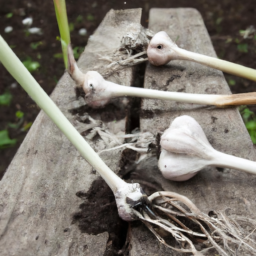
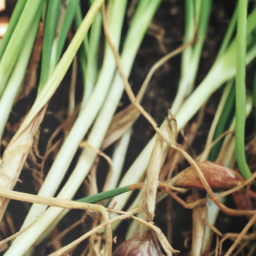
Managing farm biodiversity is crucial for balancing garlic farming and wildlife conservation in Tennessee. Implement practices that encourage biodiversity, such as planting native vegetation and creating habitat corridors. This helps support local wildlife populations while safeguarding your garlic crop.
Coexisting harmoniously with wildlife promotes ecological balance and sustainable farming practices.
In conclusion, finding ways to manage farm biodiversity alongside garlic farming contributes to a healthier and more resilient agricultural ecosystem in Tennessee.
Highlighting the benefits of garlic in a balanced diet can encourage individuals in Tennessee to incorporate more garlic into their meals. Garlic is low in calories and rich in vitamins, minerals, and antioxidants, making it a valuable addition to a healthy diet.
Its culinary versatility allows for various preparations, enhancing the flavor and nutritional value of dishes.
In conclusion, promoting garlic as a dietary staple emphasizes its role in supporting overall health and wellness in Tennessee.
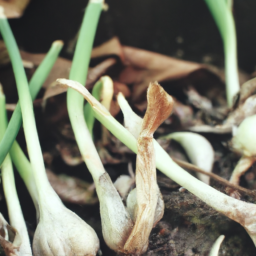
Creating a customized garlic planting calendar for your Tennessee location involves considering factors like frost dates, local climate variations, and the garlic varieties you plan to grow. Start by determining the average date of the first fall frost and work backward to establish planting dates. It's important to align your calendar with your specific microclimate and garlic variety requirements, ensuring the best timing for planting and harvesting.
Organic garlic farming in Tennessee offers several benefits. It promotes soil health, reduces chemical inputs, and produces garlic that meets high organic standards, appealing to health-conscious consumers. Organic practices also contribute to environmental sustainability by minimizing the impact on ecosystems. Furthermore, the demand for organic garlic continues to grow, making it a profitable venture for farmers who embrace these practices.
The optimal time for planting garlic in Tennessee typically falls between late September and early November. It's important to consider your specific location within the state, as warmer regions may benefit from earlier planting in September, while cooler areas may choose a late October start. Monitoring local temperature trends and referring to the USDA hardiness zone map for Tennessee can help determine the best planting window.
Crop insurance is essential for garlic farmers in Tennessee because it provides financial protection against unforeseen events that can impact crop yields, such as adverse weather conditions or crop failures. By investing in crop insurance, garlic farmers can secure their income and minimize potential losses, ensuring financial stability and peace of mind during challenging seasons.